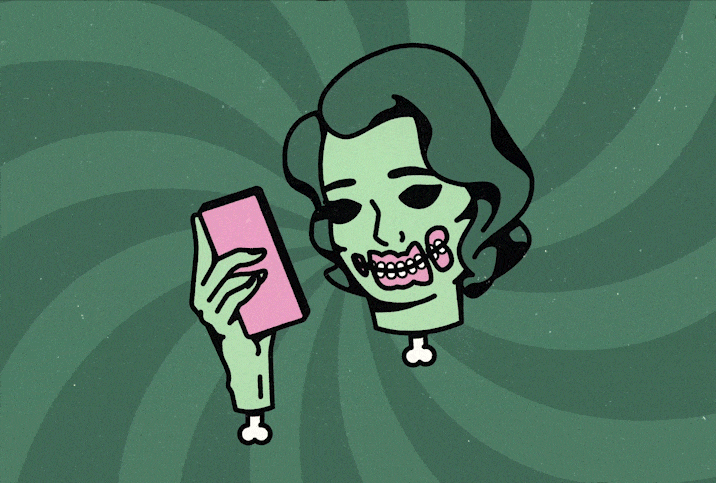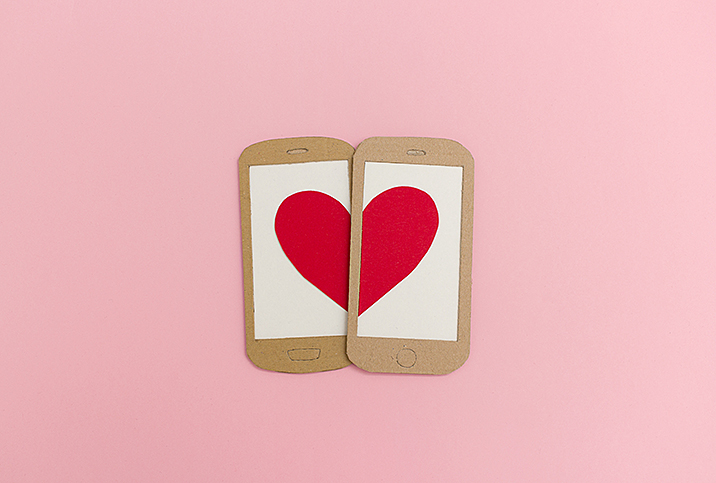Night of the Living Ex

Once upon a time, one of the scariest worries in dating was the fear of ghosting; it's as spooky as it sounds. Ghosting occurs when you're seeing or talking to someone romantically, and then you suddenly stop hearing from the person with no warning. No returned messages or phone calls—they simply cease to exist in your life.
Now there's more than one monster, because at any moment you could be zombied. This creature appears when someone ghosts you, only to return to your life, sometimes repeatedly (if you let them), acting as if they never ghosted you at all.
How did this trend begin? Why do people do it? And what can you do to exorcise the demons?
How social media raised the dead
Social media and its associated decorum are still new, and proper etiquette is still being formulated. After a relationship ends, the decision to unfollow or block someone has a range of responses. Many consider it petty to unfollow or block your ex, while some consider it necessary in order to move on. If you don't block the person who ghosted you, theoretically you leave the door ajar for them to hobble back through it as a zombie.
All of a sudden, those cold lifeless fingers are liking your photos and perhaps responding to your Instagram story, which is just another version of sliding into the DMs. This pattern is a new phenomenon referred to as breadcrumbing, which is when ghosts or exes start commenting or liking your posts on social media. When the breadcrumbing transitions to asking to hang out, the undead corpse has truly reanimated, emojis and all.
That's why, despite a perception of being petty or reactionary, blocking someone who has ghosted you is a healthy boundary. Remember, there is a difference between someone following you on social media and actually having each other's numbers. A text or call requires a reason; social media gives a reason. And therefore, from the hallowed grave of social media, our exes rise.
What causes zombieing?
The reasons for zombieing are many: boredom, regret, entitlement, a deep-seated issue of anxiety that the person cannot fully address, and more.
To be fair, we are all guilty of sitting and scrolling for hours on end. It's a way to turn our brains off for a moment and unwind, and it makes sense that an ex-lover might see a cute picture or a fun video and want to reach out. Maybe they think you forgot the harm they inflicted or assume you're quick to forgive. Maybe they hope you have low self-esteem.
Whatever the reason, if someone doesn't own up to their actions, explain themselves and apologize, they are likely to repeat old patterns. Once a ghost, always a ghost—unless the silent ghost within them is exorcised. And trust me, that's their job, not yours. You are a romantic interest, not a therapist.
Avoid a zombie
Avoiding a zombie in your life is much easier than escaping a flesh-eating zombie from the movies: block them. This is not your standard ex—it's not someone you lovingly parted ways with because the timing wasn't right.
In the case of a zombie, this is likely a person who didn't bother to tell you why they stopped communicating or even say goodbye. Block their number, unfollow them and block them from following you on social media. It's the modern-day equivalent of sitting in a circle made of salt. Zombie, begone!
















